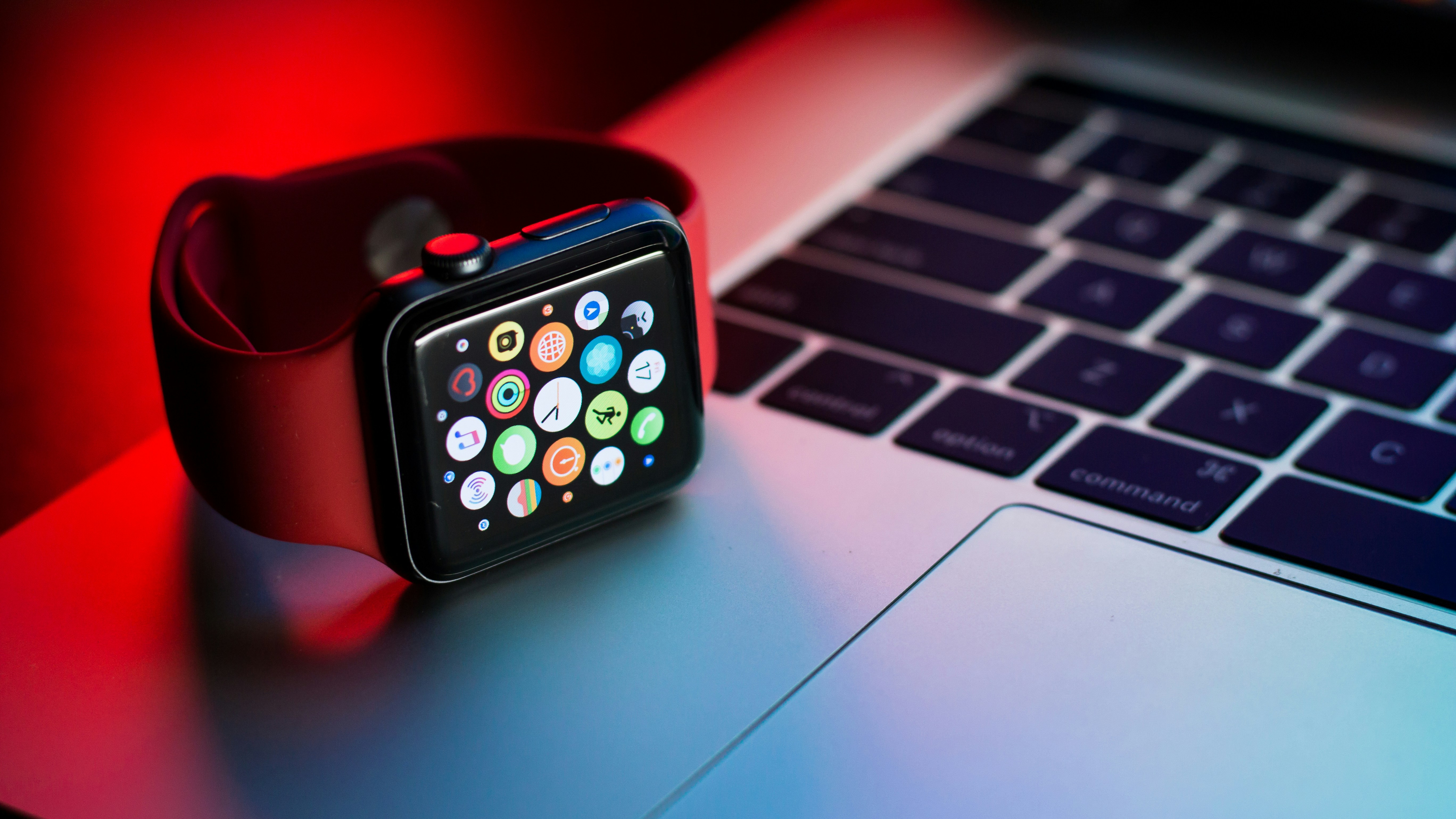Apple has spent years selling us shiny rectangles and overpriced cables. But while you were complaining about the price of a new charging brick, Apple was quietly building something far more ambitious: a healthcare empire. Not the kind that owns hospitals or dabbles in pharmaceuticals. Apple’s play is subtler, longer-term, and potentially far more disruptive. Most people think of the Apple Watch as a fitness toy, a glorified step counter with a heart-rate monitor that occasionally nags you to stand up. But behind the marketing gloss, Apple has been embedding itself into the healthcare system in a way that should make every hospital IT director sweat.
Back in 2015, Apple rolled out ResearchKit, an open-source framework that let hospitals and universities build apps to collect medical data from iPhones at scale. Suddenly, a study that would’ve taken years to recruit for could sign up thousands of participants overnight. Stanford Medicine and Mass General jumped in, using iPhones to study everything from asthma to Parkinson’s. Then came CareKit in 2016, designed to let patients actually manage their care plans and share the data with doctors. The Mayo Clinic was among the first to adopt it, turning Apple devices into tools for monitoring recovery and chronic conditions. Throw in HealthKit and the Health Records initiative, which pulls your lab results and prescriptions into the Health app, and Apple stopped being just a gadget maker. It became the plumbing of modern healthcare.
Unlike Google, Apple doesn’t make its money flogging your data to the highest bidder. The company’s pitch has been relentless: we don’t sell your medical data. In a sector where privacy scandals can sink trust overnight, Apple has positioned itself as the responsible adult in the room. When you’re dealing with ECGs, fertility cycles, and soon maybe genetic markers, that trust is the real moat. It’s easy to imagine a future in which you’re more willing to share intimate health data with Apple than with your own government. And that, strategically, is terrifyingly powerful.
All the sensors and data integrations are impressive, but what turns Apple from “health tracker” into “health platform” is AI. Right now, your Watch can detect irregular heart rhythms, falls, and sleep problems. But future versions, with Apple’s AI layer (codename: Project Mulberry), could analyse years of your health history, cross-reference it with global research, and suggest preventative actions before you even know something’s wrong. Instead of telling you to “stand up,” your iPhone might one day say: “Based on your stress levels, ECG trends, and family history, you should probably see a cardiologist this month.” That’s not just fitness tracking. That’s preventative medicine at scale.
If Apple pulls this off, it won’t own hospitals or pharmacies. It won’t need to. It will be the operating system of healthcare, the trusted platform where patients, doctors, and researchers meet. Google has the AI talent but not the trust. Amazon has the pharmacy and logistics but not the daily touchpoint. Apple? It’s already on your wrist, in your pocket, and in your ears. Add an AI layer to all that data, and suddenly, the company famous for overpriced dongles might be the one that saves your life.
So next time your Apple Watch buzzes to tell you to breathe, don’t roll your eyes. It’s not just mindfulness spam. It’s the sound of Cupertino quietly muscling its way into your future GP appointments.

